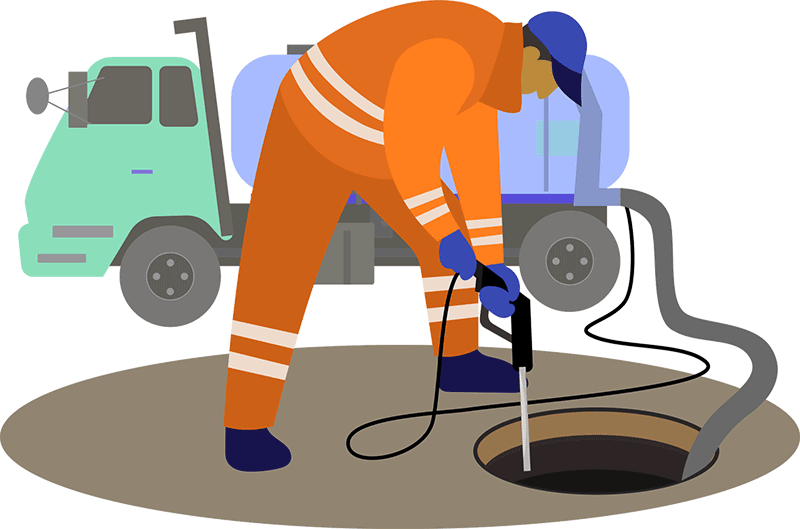Septic License Lookup
This tool allows you to easily lookup licensing details on septic contractors and companies in your state. Simply select your state from the drop-down menu and hit the Search button. You can then verify that a septic company has a license by entering the legal business name. Septic companies with a license are more likely to be reliable and honest. You can also input a license number to find more info about that septic business. This can be helpful if you have a specific business in mind and want to learn more about their licensing status or history. The Importance of Hiring a Licensed Septic ContractorHiring an unlicensed septic contractor can be risky. If something goes wrong with the work, you may have limited recourse. Licensed contractors, on the other hand, are typically required to carry insurance and bonds to protect everyone involved in the case of an accident or mistake. Additionally, a licensed contractor will be more knowledgeable about municipal/county/state septic regulations, codes, and permits. Before hiring, look up a contractor's license number which should be available on their website and business card. Depending on the state, you can find out if they are current on insurance, workers compensation, and required bonds. You may also be able to search if there are any complaints filed against them. Licensing RequirementsSeptic licensing requirements are in place to ensure that contractors have the necessary knowledge and skills to perform septic work safely and effectively. This includes knowledge of local codes, as well as best practices for installation and repair of septic systems. By becoming licensed in their state, contractors demonstrate their understanding of these important topics. This helps to ensure that they are able to provide septic services safely and adequately to local residents and commercial clients. The requirements for a septic contractor to be licensed depend on laws of the state where the contractor does business. In general, septic license applicants must submit a completed application for certification, finish a required number of classroom training hours, and pass an examination. Some states require work experience and proof of general liability insurance. According to Vermont regulations, for example, wastewater treatment system designers are required to complete training and pass an exam. Meanwhile, regulations in New Hampshire require system designers pass a written exam and a field exam, while septic system installers must pass only a written exam. Risks of Hiring Unlicensed ContractorsHiring an unlicensed contractor can result in substandard work that might not meet local building codes. This can lead to costly repairs or even safety risks. For example, if a septic tank is not installed correctly, it could result in sewage backups and contamination of groundwater. This would create a serious health hazard to the surrounding community. The homeowner or property owner are potentially liable for this and insurance is unlikely to cover it if the work is done by an unlicensed septic company. Licensing helps ensure that septic work is performed correctly, protecting both the contractor and the customer. |
|
Copyright 2007-2024 Septic
Septic.com is provided "as is" and without warranty of any kind, either express or implied, including, but not limited to, the implied warranties of merchantability, fitness for a particular purpose, or non-infringement. |
